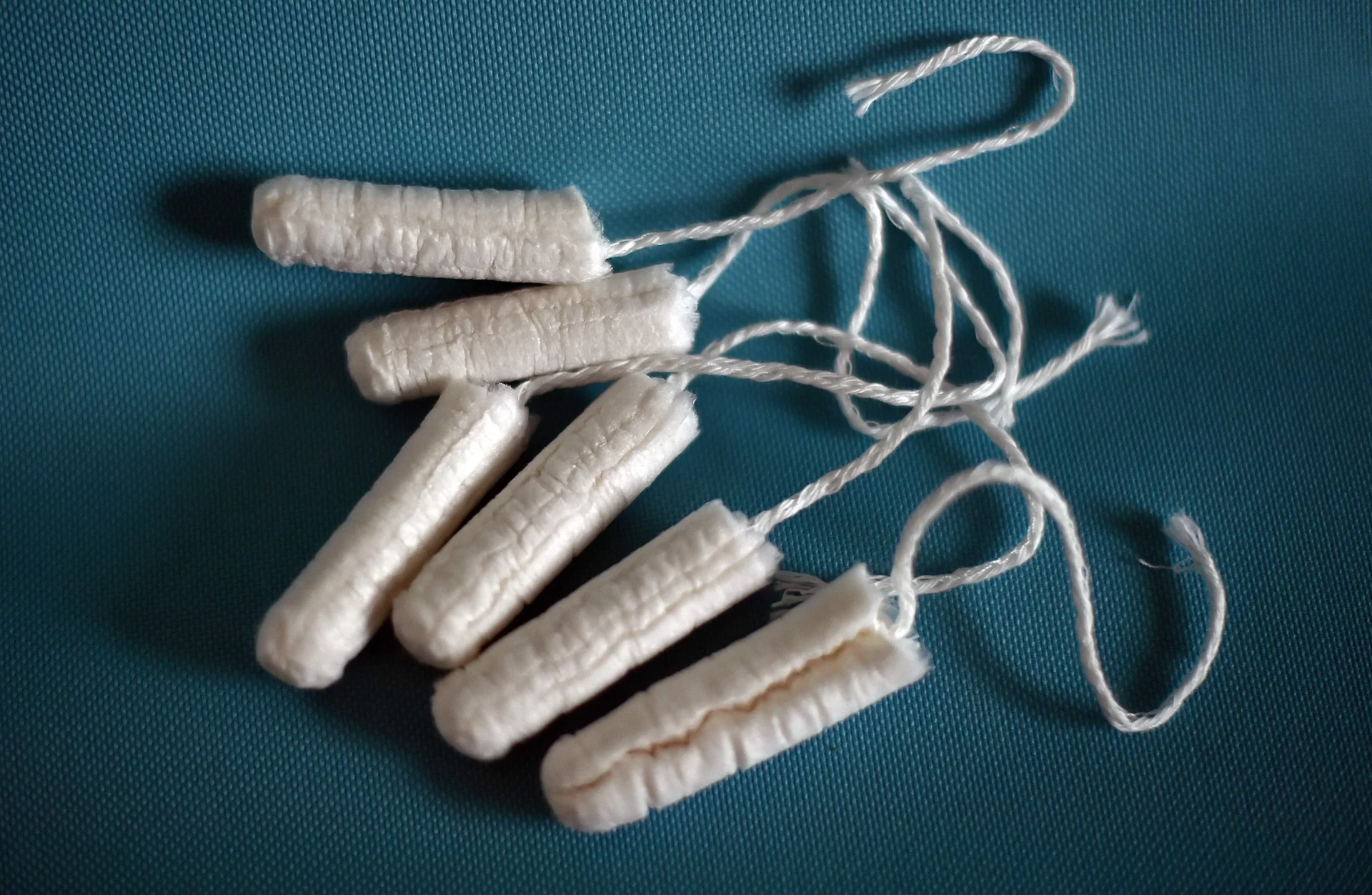Last Updated on May 13, 2023 by Our Editors

.
Have you ever wondered why protein is considered a vital nutrient for our bodies? Well, it’s because this macronutrient plays a critical role in the growth and maintenance of our muscles, bones, and various bodily tissues.
.
But did you know that protein absorption also plays a crucial role in our overall health and well-being?
.
In this blog post, we will delve deeper into the concept of protein absorption and how it impacts our health. So get ready to unleash the power of protein and take your nutrition game to the next level!
.
Protein Absorption and Its Importance
Protein absorption is crucial to maximizing the health benefits of this macronutrient. As stated earlier, protein is vital for growth, development, and tissue repair. Absorption is the process by which our bodies break down protein into smaller molecules or amino acids, which can then build and repair muscle tissue.
.
Proper protein absorption is especially important for athletes, bodybuilders, and people recovering from injuries or surgery. Factors that affect protein absorption include body weight, sex, and age. Research has debunked the myth of limited protein absorption per meal, showing that the body is capable of processing high amounts of protein.
.
However, personalized nutrition is the key to determining the optimal protein intake for each individual, as excessive protein intake can lead to negative health consequences, such as liver cirrhosis and tumors. It is vital to balance protein intake with other macronutrients and to maintain a balanced diet for long-term well-being.
.
By understanding protein absorption and its importance, individuals can leverage the power of protein for maximum health benefits.
.
Role of protein in growth, development, and tissue repair
Proteins are crucial for growth, development, and tissue repair in the human body. They provide the necessary building blocks for cells and tissues to grow and repair themselves. Without adequate dietary protein, the body may not be able to maintain optimal health, growth, development, and function throughout life.
.
The amino acids found in proteins play a key role in maintaining the proteome’s content, structure, and function and providing for growth and special needs. Therefore, it is essential to consume adequate amounts of protein in one’s daily diet to support these processes and ensure optimal health outcomes.
.
The Science Behind Protein Absorption
Protein absorption is a complex process that involves the breakdown of protein molecules into individual amino acids, which are then absorbed into the bloodstream and used by the body for growth, repair, and maintenance. The process begins in the stomach, where gastric juices and enzymes break down the protein molecules into smaller, more manageable pieces. These pieces then pass into the small intestine, where pancreatic enzymes and bile help break them down further into individual amino acids.
.
The absorption of amino acids into the bloodstream is regulated by a series of transporters and receptors lining the walls of the small intestine. These molecules recognize specific amino acids and transport them across the intestinal lining and into the bloodstream. The rate of absorption is influenced by a range of factors, including body weight, sex, age, and the type and quality of the protein consumed.
.
Contrary to popular belief, there is no limit to the amount of protein that can be absorbed per meal or hour. Studies have shown that the body can easily absorb and utilize large amounts of protein in one sitting as long as it is spread out over several hours and accompanied by adequate hydration and other nutrients.
.
However, excessive protein intake can have negative consequences, leading to an increased risk of kidney damage, dehydration, and other health problems. Therefore, it is important to balance protein intake with other macronutrients and to aim for a varied and balanced diet for optimal health and well-being.
.
How Much Protein Can Your Body Handle?
Now, let’s discuss Protein Absorption: How Much Can Your Body Handle? According to current research, there is a common misconception about how much can your body handle in one meal. Typically around 20-25 grams. However, recent studies have shown that the body can absorb much more protein than previously believed. In fact, the maximum rate of absorption for fast-absorbing proteins like whey is about 8-10 grams per hour. It means that consuming protein at a target intake of 0.4 g/kg/meal is ideal for maximizing anabolism.
.
There is no evidence to suggest that the body can only handle a certain amount of protein per meal. The precise amount of protein that the body can handle depends on various factors such as body weight, age, and gender. Generally, it is recommended to consume around 25-30 grams of complete protein per meal for maximum absorption.
.
Kidney damage and high cholesterol levels are just two of the many risks associated with eating too much protein. Therefore, it is important to balance protein intake with other macronutrients and prioritize moderation and a balanced diet for long-term well-being.
.
Daily protein requirements based on weight, gender, and age
Protein needs are highly individual and depend on factors such as body weight, gender, and age. Daily protein needs for adults should be at least 0.8 grams per kilogram of body weight. Women aged 19 to 70 years require 46 grams of protein per day, while men aged 19 to 70 years need 56 grams of protein per day.
.
For healthy older adults, consuming 1 to 1.2 grams of protein per kilogram of body weight daily is recommended. Females aged 9 to 13 years require 34 grams of protein per day, while those aged 14 to 70 years or older need 46 grams of protein per day.
.
The optimal daily protein intake also depends on an individual’s goal and level of physical activity, ranging from 1.2–1.8 grams per kilogram of body weight per day. It is important to calculate personalized protein requirements and balance protein intake with other macronutrients for overall health.
.
The Risks and Consequences of Excessive Protein Intake
While protein is essential for growth, development, and tissue repair, excessive intake can lead to serious health risks. Experts warn that consuming more than twice the recommended protein intake for a long period can pose a threat to vital organs such as the liver and kidneys.
Excessive protein intake may also lead to bloating, osteoporosis, and hair loss. Furthermore, microwaving protein-rich foods such as meat can destabilize their protein composition. To avoid these risks, it is essential to balance protein intake with other macronutrients, such as carbohydrates and fats, and to practice moderation in one’s diet. Personalized nutrition can also help optimize protein intake for individual needs and goals.
.
Balancing protein intake with other macronutrients for overall health
Balancing protein intake with other macronutrients is crucial for overall health. While protein is important for muscle repair and growth, consuming it in excess can lead to health risks such as kidney damage, dehydration, and weight gain. Therefore, it is recommended to balance protein intake with carbohydrates and healthy fats.
.
Carbohydrates provide energy for the body, while healthy fats aid in the absorption of vitamins and minerals. It’s important to note that individualized carbohydrate thresholds should be taken into consideration when balancing macronutrients. Additionally, the timing of meals can impact energy levels and performance.
.
By balancing protein intake with other macronutrients, individuals can ensure that they are meeting their nutritional needs while preventing potential health risks.
.
The importance of moderation and a balanced diet for long-term well-being
Excessive protein intake can have negative consequences on long-term health. While protein is an essential macronutrient, a balanced diet that includes adequate amounts of carbohydrates and healthy fats is necessary for overall well-being.
.
Moderation is key when it comes to protein consumption, and personalized nutrition plans that take into account factors such as body weight, gender, and age can help prevent excessive intake.
.
It is important to note that a high-protein diet should not be followed for an extended period, as this may lead to kidney, liver, and bone problems. A balanced diet that includes a variety of nutrient-dense foods can provide optimal health benefits for individuals.
.













